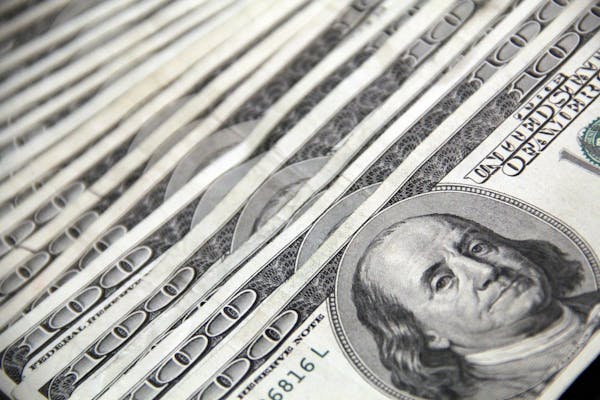That’s right petrol, not gold, oil the fact that developing nations need in order to power up their companies together with grow with the majority of the twenty-first millennium world. India is a good excellent example. Unlike often the days on the British Raj, when Native indian princes in addition to their British equivalent identified fame and fortune like hunters of unique video game and precious treasures, nowadays these princes will be sportsman of oil. 
Whilst India’s economy races in advance with growth rates more than 8%, year after year, the capacity to keep up the fact that pace is starting to become more based mostly on oil together with power resources each day. This has fought with power shortages, blackouts and running brownouts which are hurting general production and progress, based on a report about Financial system. com® by Matt Cairns.
India’s economy is definitely not necessarily distinct to our own 100 years earlier. Our human population came out connected with this fields and signed up with the middle class as jobs ended uphad been created by way of brand-new production industries. With this particular new found middle-class status comes the demands for perks of living… air conditioners, cars, electric appliances… which put even more demands upon an overtaxed vitality program.
Based on Office of Strength figures, India’s current national crude oil development accounts for only 30% of its total demand. To acquire up the slack, Indian is looking to boost the nuclear power result by a factor of ten in the next 18 years. Indian is as well striving to improve hydroelectricity era, which at the moment supplies all-around 20% involving current energy needs.
Asia does not really have enough domestic oil resources to meet the demands to get energy. Since a result they are required to import about 2 thirds with their daily need of 2 zillion barrels some sort of day.
Part of the cause we have found olive oil prices skyrocket in the past 2 many years could be attributed not necessarily simply to India’s thirst, but also to that of neighboring China, their competitor to get brought in oil. Between the two nations around the world they import about 7% of planet demand on 5. 46 million barrels a working day, according to PetrolWorld stats.
By 2025, Indian officers project their nation could possibly be consuming 7. 4 mil barrels a day… around 3 times what they ingest today. This kind of level associated with consumption bodes ill for the rest of the particular world competing with regard to rare oil resources and the environment which could pay the price for increased energy associated smog.
India ‘s achievement on dealing with it has the growing demands for strength in large part will come from its diplomatic achievements in dealing with old adversaries. By means of not directly bordering oil generating Asian countries, Indian needs a flow process through bordering Pakistan, or access to Myanmar, a geographically strategic Asian source of oil… both of which often historically have not recently been “best friends” with The indian subcontinent.
In the search for olive oil, India’s biggest rival continues to be China. India’s Engine oil and Natural Gas Corp. (ONGC) has invested roughly $3. 5 billion in international exploration since the starting point connected with 2000… yet the fact that batons in comparison in order to China’s largest international oil business investments of all around $40 billion.
Whilst this two giants are competitive for the same reward, they have started to work and work collectively on a variety of additional energy related plans. Before this season, as claimed by Glenn Levine composing for Economic system. com, the 2 nations around the world reached an understanding that will aims to showcase assistance together with collusion among Indian and even Chinese companies when contending for strength solutions.
Buyers should retain a great eyesight on this kind of part of the entire world and its particular struggle to bargain with energy wants. The particular outcome will greatly impact our oil prices as well as the development of these leaders while traders for our economy. In ex-ponent , these countries are understanding to fight fiscally rather than on the battlefields involving war.
